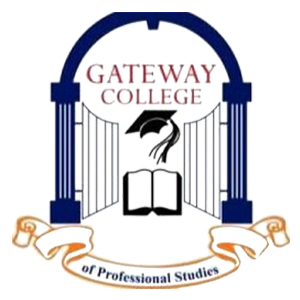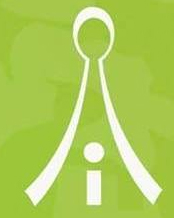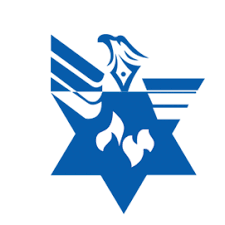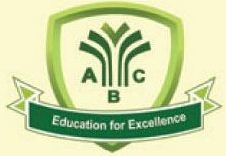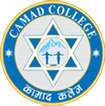Overview
BHM at Nepal Academy of Tourism and Hotel Management (NATHM), Kathmandu
Bachelor of Hotel Management (BHM) at NATHM, Kathmandu is a four-year, eight-semester Tribhuvan University–affiliated degree that prepares you for hotel operations, food production, food and beverage service, housekeeping, front office, and hospitality management roles in Nepal and abroad.
This guide covers BHM at NATHM, credit requirements, curriculum, electives, attendance, grading, industrial exposure, fees, and admission through the official CMAT pathway.
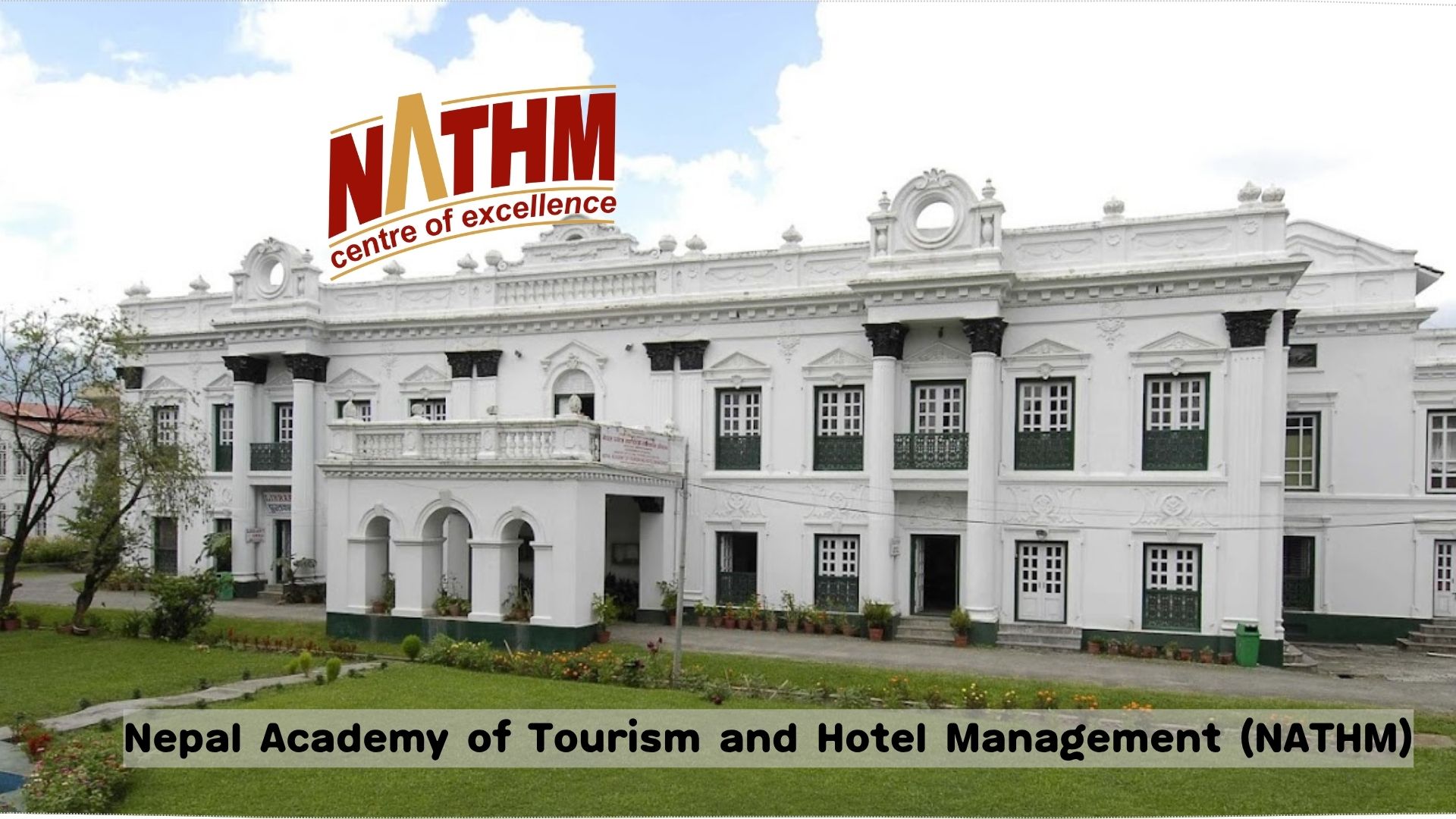
Introduction
BHM at NATHM builds technical depth in hotel operations and the business skills needed for supervisory and entry-level management roles. Core subjects include food production and patisserie, food and beverage, housekeeping, front office, hotel engineering, and hospitality law. Electives allow focused practice in barista and bartending, room division management, or advanced food production.
The program totals 126 credits with compulsory courses, core courses, a two-semester industrial exposure plus internship report, and one elective. Graduation must be completed within seven years from first registration.
Highlights
-
Duration and structure: four academic years, eight semesters; 126 credits.
-
Credit map: Compulsory 42 + Core 57 + Industrial Exposure & Internship Report 24 + Elective 3.
-
Electives (choose one): Barista and Bartending; Room Division Management; Advance Food Production.
-
Industrial exposure: seventh and eighth semesters, minimum 44 weeks; logbook, internship report, viva.
-
Attendance: 80% in each subject and during industrial exposure.
-
Grading: minimum grade “B” (CGPA 3.00) to qualify for and pass semester exams.
-
Fee heads published by NATHM; grand total shown per semester table; TU exam fees paid separately.
Curriculum Details
Credit structure
-
Compulsory Courses: 42 credits
-
Core Courses: 57 credits
-
Industrial Exposure and Internship Report: 24 credits
-
Elective Course: 3 credits
Total: 126 credits.
Compulsory courses (selection)
English I and II; Principles of Management; Financial Accounting; Organizational Behavior and HRM; Sales and Marketing; Cost and Management Accountancy; Financial Management; Nepalese Society and Politics; Entrepreneurship; Statistics; Economics; Strategic Management; Research Methodology and Project Report.
Core courses (selection)
Hotel French; Food Production and Patisserie I & II; Food and Beverage Service I & II; Housekeeping Operations I & II; Food Science and Nutrition; Food Production Operations; Bar and Beverage Service; Front Office Operations I & II; Hotel Engineering; Food Production Management; Food and Beverage Management; E-Commerce for Hospitality; Event Management for Tourism and Hospitality; Legal Environment for Hospitality; Cultural Resources of Tourism in Nepal.Elective options
-
Barista and Bartending
-
Room Division Management
-
Advance Food Production
Objectives
The curriculum aims to help you:
-
Operate key hotel departments with attention to service quality and safety standards.
-
Apply business fundamentals to purchasing, costing, menu planning, sales, and revenue tasks.
-
Communicate clearly across guest-facing and back-of-house teams, including French for hospitality contexts.
-
Interpret the legal and cultural environment of hospitality in Nepal.
Scope
Graduates move into roles across hotels, resorts, catering services, convention and events, cruise and airline hospitality, and training units.
The two-semester exposure places you in real operations for extended periods, which helps translate departmental coursework into measurable performance.
Many students use the logbook and internship report as evidence for early roles in rooms division, food production, or F&B service.
Learning Outcomes
By the end of BHM you should be able to:
-
Plan and execute production cycles in hot kitchen, bakery, and pastry with cost and hygiene control.
-
Deliver table service, bar operations, and beverage control consistent with course standards.
-
Manage rooms division routines across front office and housekeeping with service recovery steps.
-
Read hotel engineering basics, food science, and safety documentation for daily decisions.
-
Produce reports and presentations that meet TU formats and NATHM evaluation rules.
Skill Development Modules
-
Kitchen & Bakery: Food Production and Patisserie I & II; Food Production Operations; Food Production Management.
-
Service & Bar: Food and Beverage Service I & II; Bar and Beverage Service; Food and Beverage Management.
-
Rooms Division: Housekeeping I & II; Front Office I & II; Room Division Management (elective).
-
Business & Compliance: Sales and Marketing; Cost and Management Accountancy; Legal Environment for Hospitality.
-
Digital & Events: E-Commerce for Hospitality; Event Management for Tourism and Hospitality.
Teaching Methodology
NATHM applies continuous internal evaluation and TU-conducted end-semester examinations. To remain exam-eligible, you must earn at least a “B” (CGPA 3.00) in internal evaluation and maintain 80% attendance in each subject. The final semester exams also require a minimum “B” or CGPA 3.00 to pass.
A semester-wise syllabus table specifies internal, theory, and practical components for operational subjects such as kitchen, service, and housekeeping. Assessment rubrics reflect both theoretical knowledge and practical skill.
Admission Requirements
Eligibility and process
-
Applicants sit the CMAT conducted by the Faculty of Management, Tribhuvan University.
-
Minimum 40% in CMAT to reach the second stage (Group Discussion and Personal Interview).
-
Merit list uses 10+2 score (30%), CMAT (50%), and GD/PI (20%).
-
Application requires SEE/SLC mark-sheet and character certificate, 10+2 transcript, character and migration certificates, and two recent photos.
Contacts and official channels
For intake windows, documents, and seat availability, use NATHM’s course pages, MIS/Library, and admission portal.
Industrial Exposure (Seventh & Eighth Semesters)
BHM includes a structured industrial exposure across two semesters with a minimum duration of 44 weeks. Training occurs at recognized hospitality partners in Nepal or abroad. You must maintain a weekly TU-format logbook, prepare an internship report, and defend it in a viva for degree requirements.
Attendance of 80% applies during exposure. The placement helps you test departmental rotations and observe hotel systems under supervision.
Career Opportunities
Typical roles after BHM include:
-
Kitchen: commis/trainee chef, bakery and pastry roles.
-
Rooms Division: front office associate, housekeeping supervisor.
-
Food and Beverage: service associate, bar operations assistant.
-
Events and Sales: banquet operations, event support, sales coordination.
-
Support areas: store and purchasing, cost control, basic engineering liaison, training assistant.
Progression into supervisory posts depends on performance in exposure, internal evaluations, and references recorded in your logbook and internship report.
Scholarships and Financial Aid
NATHM publishes a semester-wise fee structure for BHM that lists admission/registration, security deposit, extra-curricular activities (seminar, workshop, internal exam), maintenance, and semester tuition/other expenses. The table shows semester-wise amounts that sum to a grand total of NPR 575,000 for the items listed.
TU exam fees are separate; costs for tours, sports, and cultural functions are charged on a pro-rata basis; uniform and journal costs are borne by students; internship inside or outside Nepal may involve additional fees. Confirm the latest figures through official notices before enrollment.
Why Choose This Course?
-
Clear 126-credit pathway blending hotel operations with business courses and extended field exposure.
-
Semester assessments that reflect both skill practice and academic study, with explicit grading and attendance rules.
-
Elective room to deepen practice in bar operations, rooms division, or advanced kitchen work.
Conclusion
BHM at NATHM gives you a measurable structure: a defined credit plan, transparent assessment, two semesters of industrial exposure, and a documented path to graduation. If your goal is a hands-on hotel career with a credible academic record, this degree provides the subjects, exposure, and records that employers in Nepal’s hospitality sector expect to see.
FAQ
How many credits are required to graduate?
A total of 126 credits across compulsory, core, industrial exposure with internship report, and one elective.
What is the attendance rule?
You need at least 80% attendance in each subject and during the seventh and eighth-semester exposure.
How does grading work?
To qualify for and pass exams, you must secure a minimum “B” (CGPA 3.00). A to F letter grades map to divisions as specified by TU.
What is the length of the internship?
A minimum of 44 weeks across the seventh and eighth semesters, with a logbook, report, and viva.
Which electives are offered?
Barista and Bartending; Room Division Management; Advance Food Production.
How do I apply?
Sit CMAT (FoM, TU). Score at least 40% to qualify for Group Discussion and Personal Interview. Final merit uses 10+2 (30%), CMAT (50%), and GD/PI (20%). Submit required academic documents and photographs.
What costs should I plan for?
Follow the semester-wise table and note that TU exam fees, tours/excursions, cultural events, uniform, journals, and any internship-related travel are separate.


